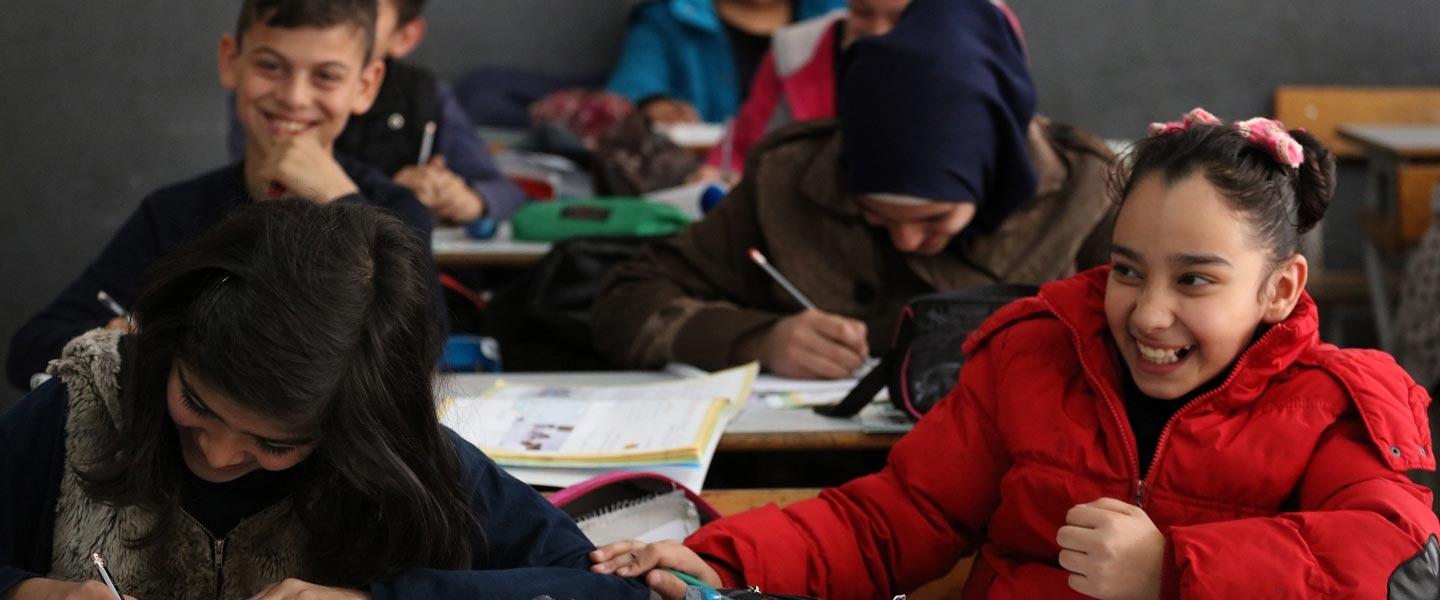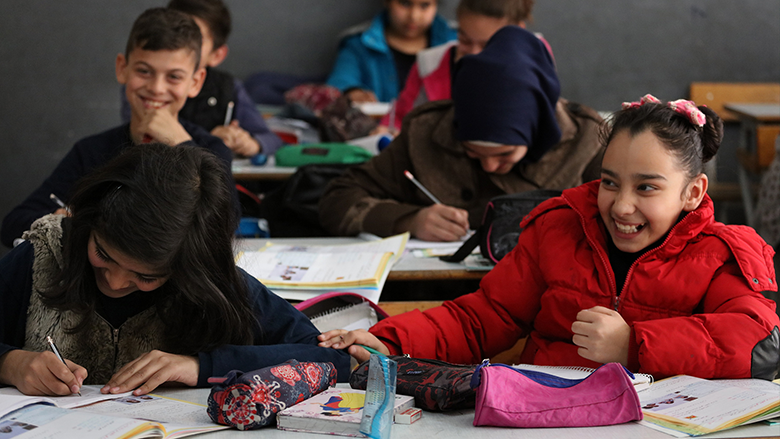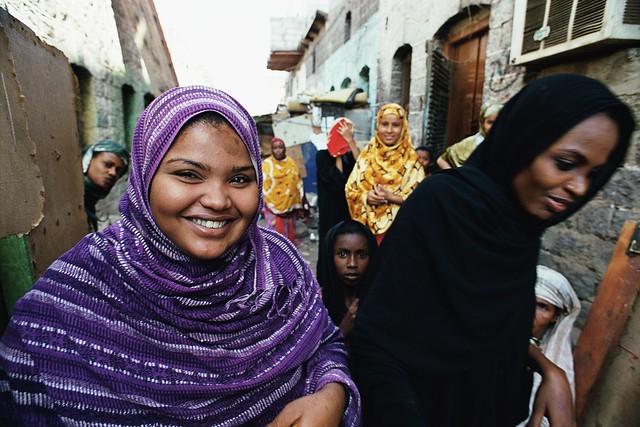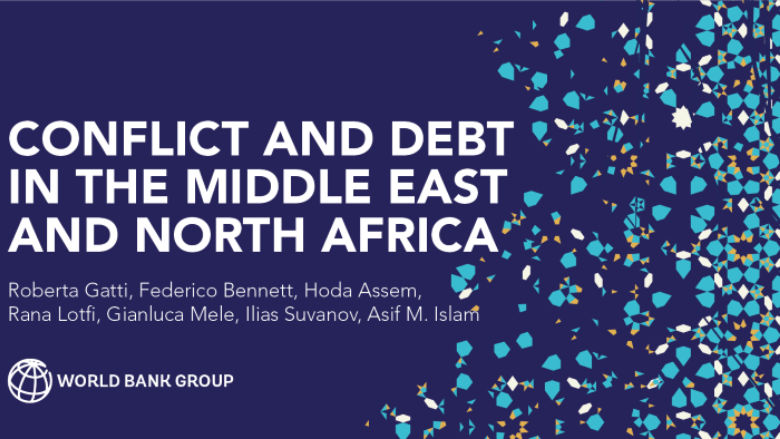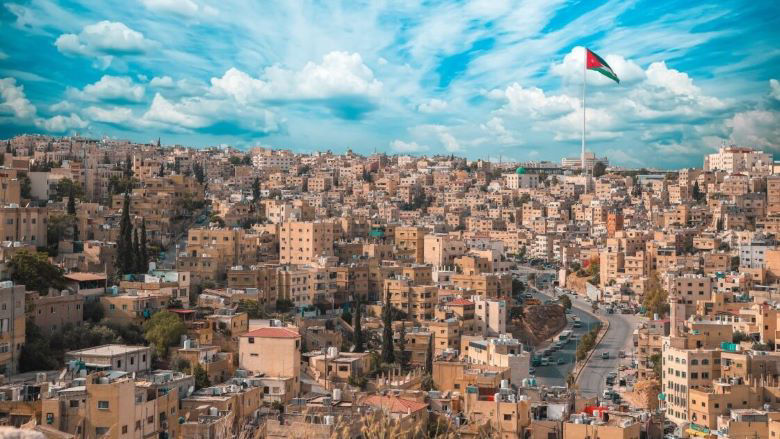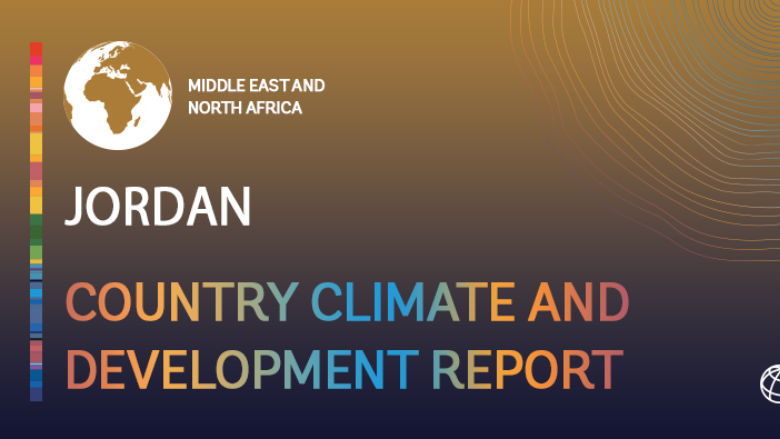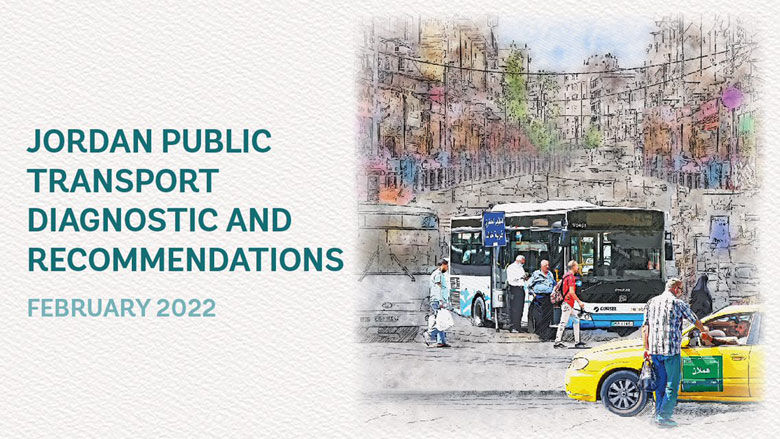Improved Municipal Service Delivery
The aim of the Municipal Services and Social Resilience Project (MSSRP) is to support Jordanian municipalities affected by the influx of Syrian refugees by delivering services and providing employment opportunities for Jordanians and Syrians. The project has improved municipal services for over 2.8 million direct beneficiaries, of which 20 percent are Syrian refugees and 47 percent are female. The project has also created over 45,000 working days of temporary employment and the number is expected to surpass 110,000 person days at project closing. The MSSRP builds on the Emergency Services and Social Resilience Project which was launched in 2014 with the aim to provide emergency support to municipalities that were affected by the Syrian refugee crisis. Together with MSSRP, support has been provided to 28 Jordanian municipalities with a cumulative envelope exceeding US$102 million through multi-donor support..
Social Protection
Jordan Emergency Cash Transfer (ECT) COVID-19 Response Project seeks to provide emergency cash support to poor and vulnerable households affected by the COVID-19 pandemic. Reforms in targeting and virtual home visits and digital payment using e-wallets and Basic Bank Accounts, allowed the ECT Project to reach, within a year (July 2022 – June 2023), 237,000 households that received temporary cash transfers against a target of 190,000 (reaching 1.2 million individuals against a target of 950,000, of which 50 percent were women). Similarly, the number of households that received cash transfers under the Takaful Program, rebranded under the Unified Cash Transfer program in 2022, reached 120,000 against a target of 85,000 (reaching 600,000 individuals against a target of 425,000, of which 50 percent were women). To date, more than 378,000 households have received cash transfers under the program (a total of 1.8 million individuals) and the number of workers receiving wage subsidies through the project has reached more than 109,000. The project also supports Jordan’s social protection system reforms, which have been strengthened during the pandemic and are becoming a model in the region and globally in digitization, information management systems and social registry. The project also provides links to economic opportunities and empowerment for National Aid Fund (NAF) beneficiaries.
Education
The Education Reform Support Program-for-Results aims to expand access to early childhood education, and to improve student assessment, teaching and learning conditions for Jordanian and Syrian refugee children. The project has reached more than 112,600 Jordanian and Syrian refugee children enrolled in kindergarten, and more than 162,500 Syrian refugee children have access to improved teaching and learning conditions. Furthermore, the program supported the development and dissemination of content for Kindergarten-2 (KG-2) schools, building on the Ministry of Education’s 2020 Emergency Response Plan. The project has also supported expanded access to early childhood education (ECE) for 32,000 children, as well as formulation and adoption of a new teacher professional standards and evaluation framework, as well as associated teacher training.
The Support to Private Sector Employment and Skills Project supports the Government’s National Employment Program (NEP), which was launched in April 2022 in response to the COVID-19 crisis to promote jobs recovery and aims to increase employment amongst youth (age 18-40 years) in the private sector. The NEP combines wage subsidies for new hires in private firms with training stipends for these new hires to ensure the acquisition of lasting employable skills. As of December 2023, 2,477 companies from all 12 Jordanian governorates have applied to NEP, 79,461 jobseekers have registered on the NEP digital platform (Sajjil) of whom 28,834 were hired by private sector firms (53 percent females and 6.8 percent National Aid Fund (NAF) beneficiaries).
Health
The Emergency Health Project was a results-based project that aims to support the GOJ in maintaining the delivery of primary and secondary health services to poor uninsured Jordanians and Syrian refugees at the Ministry of Health (MOH) facilities. The JEHP comprises two components: 1) results-based financing to deliver health care services at primary and secondary care facilities of MOH for the target population; and 2) improving quality of primary health care services through incorporating a family health model and emphasizing human resource development. Uninsured and poor Jordanians and registered Syrian refugees benefit from the health services provided at over 700 MOH hospitals and health centers across the country supported by the project. Over a recent 12 month period, the project supported the MOH to deliver over 5.3 million primary and secondary health care services and 2.5 million secondary health services (outpatient and inpatient services). More than half of the services were provided to female beneficiaries.
The COVID‑19 Emergency Response Project aims to prevent, detect and respond to the COVID-19 pandemic and to strengthen Jordan’s national health system for public health preparedness. The project has provided life-saving medical equipment for intensive care and COVID-19 clinical management at four COVID-19 designated health facilities, including three field hospitals in Amman, Irbid and Ma’an. In addition, the project supported the Ministry of Health to purchase COVID-19 vaccines to vaccinate eligible residents in Jordan. The project supported Jordan’s inclusive and effective COVID-19 vaccination campaign which targets all eligible residents, including Syrian refugees.
- Equitable Growth and Finance
Economic Opportunities, Jobs and Financial Inclusion
The Innovative Startups Fund Project is a fund of funds established in Jordan in 2017 with a total working capital of US$98 million, of which US$50 million is provided by the World Bank and US$48 million by the Central Bank of Jordan. The ISSF has already made a significant difference in improving access for early-stage funding for Jordanian startups by mobilizing equity capital for pre-seed, seed, and venture capital. More than half of the capital has been allocated to date, and the ISSF’s deployed investments have attracted over US$58 million in private capital, leveraging 15 institutional investors, and financed 105 companies of which 21 percent were women-led and 55 percent youth-led businesses, resulting in the creation of over 1,350 jobs in Jordan. ISSF has also played a pivotal role in supporting startups through investment readiness and business development services, stimulating the pipeline of investible startups through incubation and acceleration services. More than 670 start-ups benefitted from these services.
The Jordan Youth, Technology and Jobs Project (YTJ), aims to improve digitally‑enabled income opportunities and expand digitized government services in Jordan. This includes increasing the supply of digitally-skilled youth in Jordan by enhancing digital skills competencies for public school students, providing workspaces in under-served communities through tech hubs and enhancing digital skills competencies for youth. The project also aims to expand the digital sector and digital government services in Jordan by expanding access to market for digital firms, supporting digital transformation of service delivery to citizens and business and the digitization of government payments. YTJ has created 3,460 jobs or income opportunities as of September 2023. The Ministry of Digital Economy and Entrepreneurship (MODEE), which managed the project, also launched in August 2021, an ICT employment initiative, Hafez, which created a total of 6,765 temporary jobs, with 4,670 of these jobs being in the private sector and 2,095 in the public sector to support expansion of digital identification.
Reforms and Climate Resilient Investments
The Jordan Inclusive, Transparent and Climate Responsive Investments Program for Results is supporting the implementation of Jordan’s economic reform agenda by promoting public and private investment, including climate responsive investments, and strengthening accountability through evidence-based policy making, and improvements to service standards and statistical performance. It also supports sectors that have been impacted by the COVID-19 pandemic, such as tourism. The program supports the Government of Jordan to maintain its climate stewardship in the region with mainstreaming the climate considerations in all relevant decision-making processes and investments through identification of climate responsive measures and development of policy and governance frameworks for supporting accessing to climate finance including international carbon markets. It also establishes support systems to track and monitor mitigation actions and climate finance flows and builds capacities of relevant stakeholders to mobilize climate finance for meeting the country’s Nationally Determined Contribution commitments.
Last Updated: Jan 09, 2023
